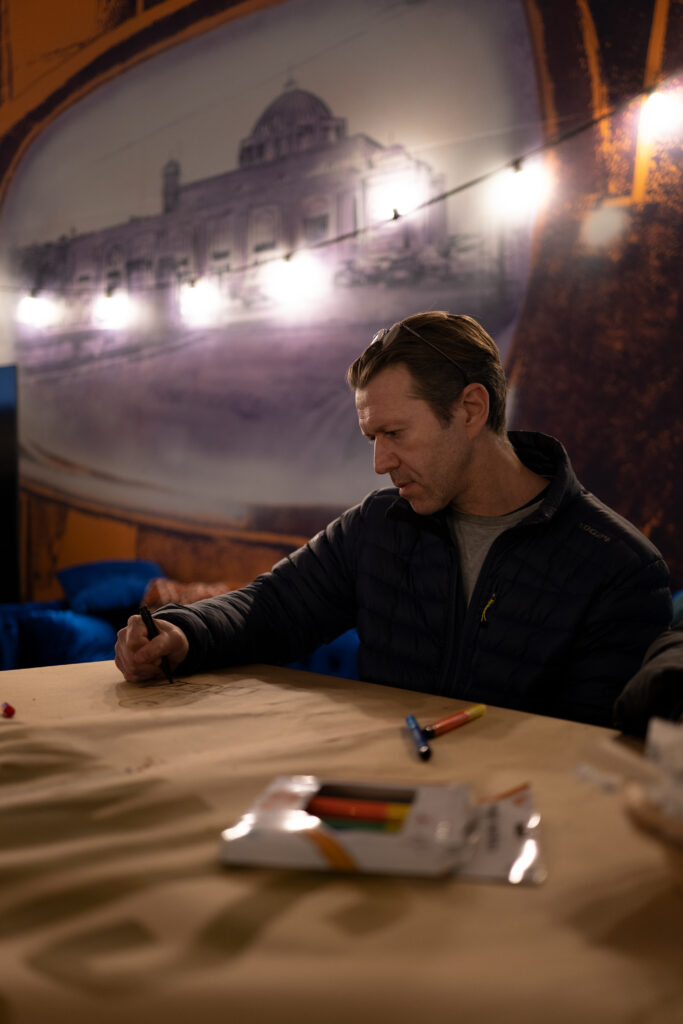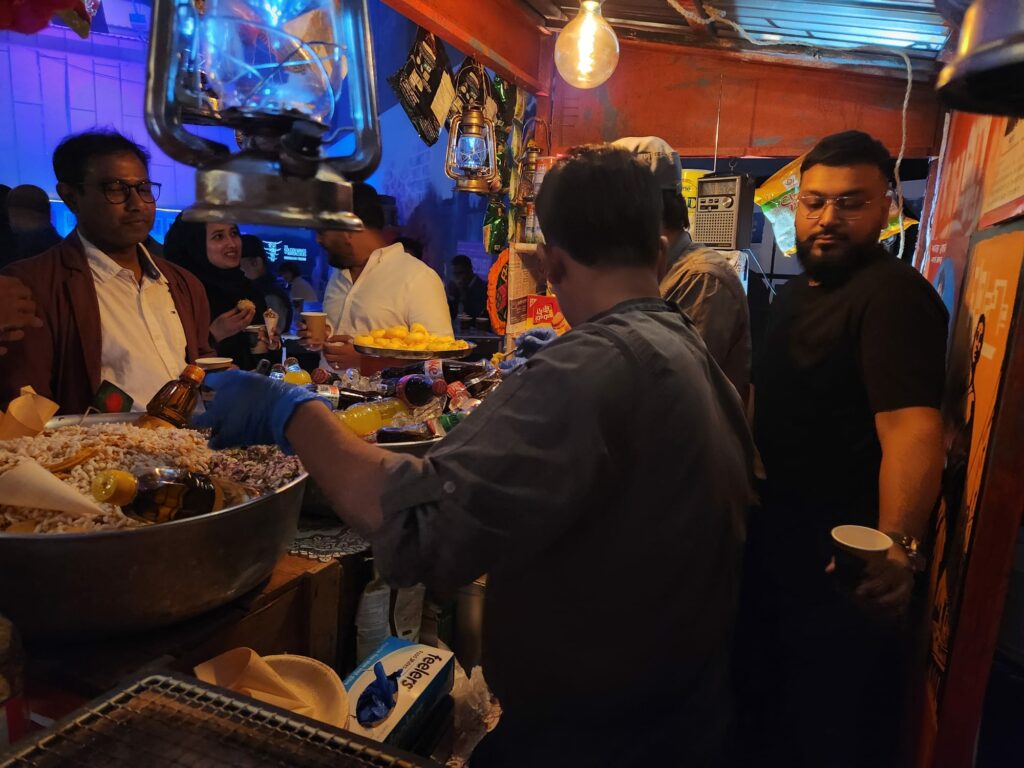I am a second-year student studying Ancient and Medieval History at the University of Birmingham, and recently I have undertaken a work placement with the arts organisation Soul City Arts. During the past six months I have spent lots of time with the founder Mohammed Ali and have immersed myself within the organization. This has granted me real insights into their mission and purpose.
Based in Sparkbrook in an inner-city part of Birmingham, they operate out of a former industrial warehouse which they have transformed into an artistic haven. Inside the space, graffiti murals adorn the concrete walls, illuminated with ambient lighting. Chesterfield sofas sit alongside Moroccan screens and retro arcade machines, creating an informal and relaxed environment.
In this part of Birmingham, the busy streets are lined with terraced houses, grocery stores and restaurants, but there are few places dedicated to exploring the arts. Soul City Arts recognised this gap and began hosting events from out of their warehouse, including everything from film screenings, poetry performances, and visual art exhibits.
One of the events I helped with was the screening of a Bengali-language feature film. The space was dressed with retro 1960s film posters, rusty oil lanterns as well as a dusty food cart, all to transport the guests to a nostalgic vision of Bangladesh. Hundreds gathered from the Birmingham Bangladeshi community to watch a film which captured the struggles of deprived farmers living in the marshlands of the country. Although many familiar with the language will have been excited to watch this on the big-screen, English subtitles allowed others to engage with the story. Although one may assume that a film in the Bengali language would appeal to only a specific group of people, I witnessed a diverse audience captivated by the narrative. Some of those in attendance even brought along their young children in an attempt to connect them with their heritage and
‘mother tongue.’
Another event I experienced was the regular ‘Soulfire Sundays’ that take place every three months. This is one of SCA’s most popular and established events where mini bespoke stages are dotted across the room, set up for visual artists to paint on. The audience is invited to observe the artists create their art whilst eating good food from local caterers over the course of the evening. What was most exciting to observe was how total strangers from communities across Birmingham engaged so well with one another. The combination of food and art is a reoccurring and central feature at SCA, something that is designed to bring people in.
One of SCA’s major aims is to bridge the gap between divided communities and bring them together. I spoke to Mohammed and asked him about this aspect of their work. He said “it’s about creating new spaces for exchange and dialogue. Even if that work is uncomfortable, we have to commit wholeheartedly to promoting empathy and understanding.” I decided to try and dig down into Mohammed’s motivations. He responded by talking about his faith as a Muslim – “Birmingham is a city with a huge Muslim community, in a time of increasing polarisation. Negative media portrayals of Muslims play a part in how divided we have become. People just dont have the avenues to learn and discover the reality. This is one of the reasons why this work is so necessary.”
Working with Soul City Arts has been a deeply informative experience. It has been eye-opening to spend time with passionate people like Mohammed. I grew up in a village in Oxfordshire with little contact with diverse communities, especially those of Muslim faith. Being in Birmingham has enabled me to broaden my understanding of what a diverse Britain really feels like. Attending Friday prayers at the local mosque, for example, is something that has provided me an understanding of a faith-community that is so often misunderstood. I feel that my time with SCA has increased a sense of empathy within me, especially for those from communities I have encountered. At first my understanding of SCA didn’t go beyond seeing it as just another arts organisation. However, at the end of my time I began to really see the true value of their commitment to bringing communities together through the arts.










